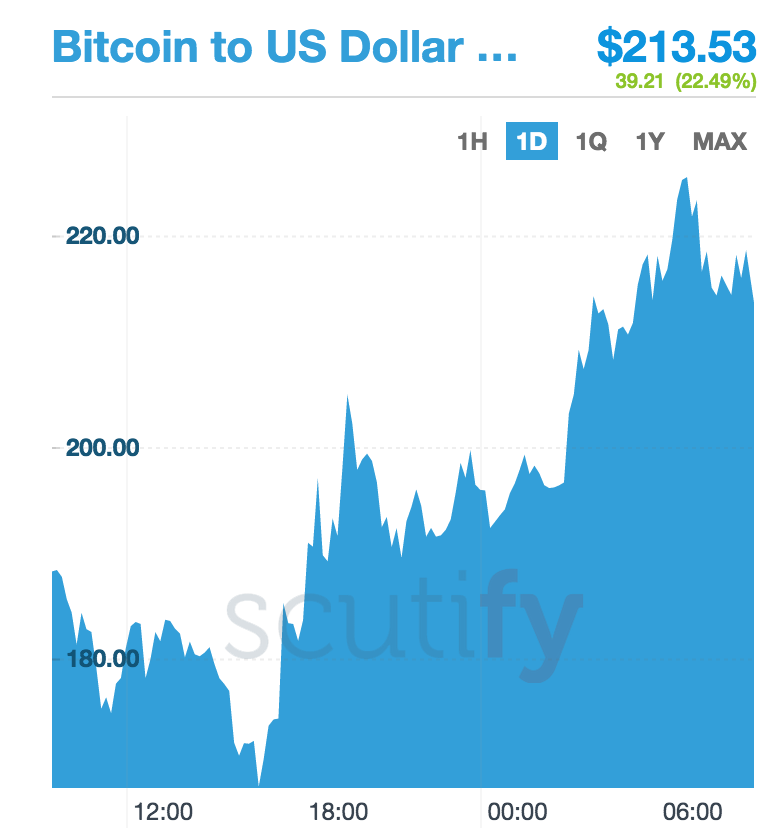SIX Swiss Exchange Money and Capital Market
Post on: 9 Май, 2015 No Comment

All companies require goods and services for their production processes. Financial resources are needed to buy these goods and services. Companies obtain financing in the money and capital market, where capital providers and borrowers meet. Money with a term of up to twelve months, so-called short-term money, are traded in the money market. If the term is more than a year, this is called medium-term money and long-term money are used. Long-term money is traded in the capital market.
Money market
The central banks of industrialised countries — the Swiss National Bank (SNB) in Switzerland, the European Central Bank (ECB) in the EU — grant each domestic commercial bank a certain amount of money. To cover short-term peaks in payment transactions and raise short-term liquidity, commercial banks avail themselves of the money market.
The money market is subdivided according to the type of market participant. The money market in the narrowest sense (also called interbank market) describes the market for borrowing money from the central bank (discount loan, lombard loan, swap loan) and for call money and fixed-term deposits between commercial banks. The minimum contract size is often a million francs.
The money market in the wider sense includes not only banks but also commercial companies, insurance companies, pension funds, public institutions and private individuals. Call money and term deposits at commercial banks, money-market instruments and registered money-market claims with a minimum contract size of CHF 100’000 are common.
The money market is characterised by a highly developed organisational structure and impersonal relationships between lenders and borrowers. In Switzerland, short- and long-term money-market rates are determined by the Swiss National Bank. They are adjusted in accordance with the economic conditions and forecasts.
Capital market
Medium- and long-term loans and investments with terms of one year or more take place in the capital market. This includes trading in financial instruments such as securities (shares, bonds, investment funds etc.), mortgages and other loans. The capital market is subdivided according to the security type into a market for equity rights (e.g. shares and funds) and a market for debt securities (e.g. bonds). Securities such as shares, bonds and funds are long-term. Even if you as an investor carry out a short-term transaction with one of these instruments, you are still participating in the capital market and not the money market.
The capital market brings together the supply of and demand for long-term financing instruments within a national economy. In return for furnishing capital, the capital provider usually expects the capital seeker to offer a certain return in the form of interest or dividend payments. Public and private insurers and pension funds participate in the capital market in addition to financial institutions and private households.
The capital transactions carried out via banks and stock exchanges are characterised by uniform conditions, equal treatment and accessibility to all investors. The government is responsible for issuing rules and regulations to ensure the functionality of the free market and the stock exchanges on the one hand and ensuring investor protection on the other.














